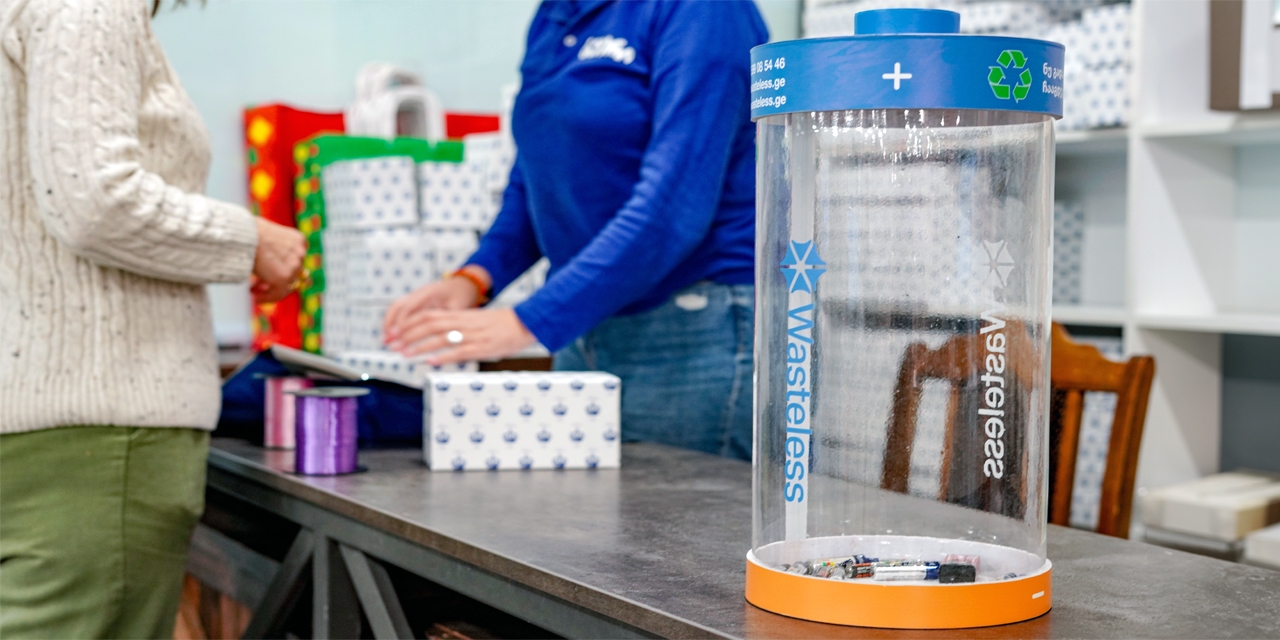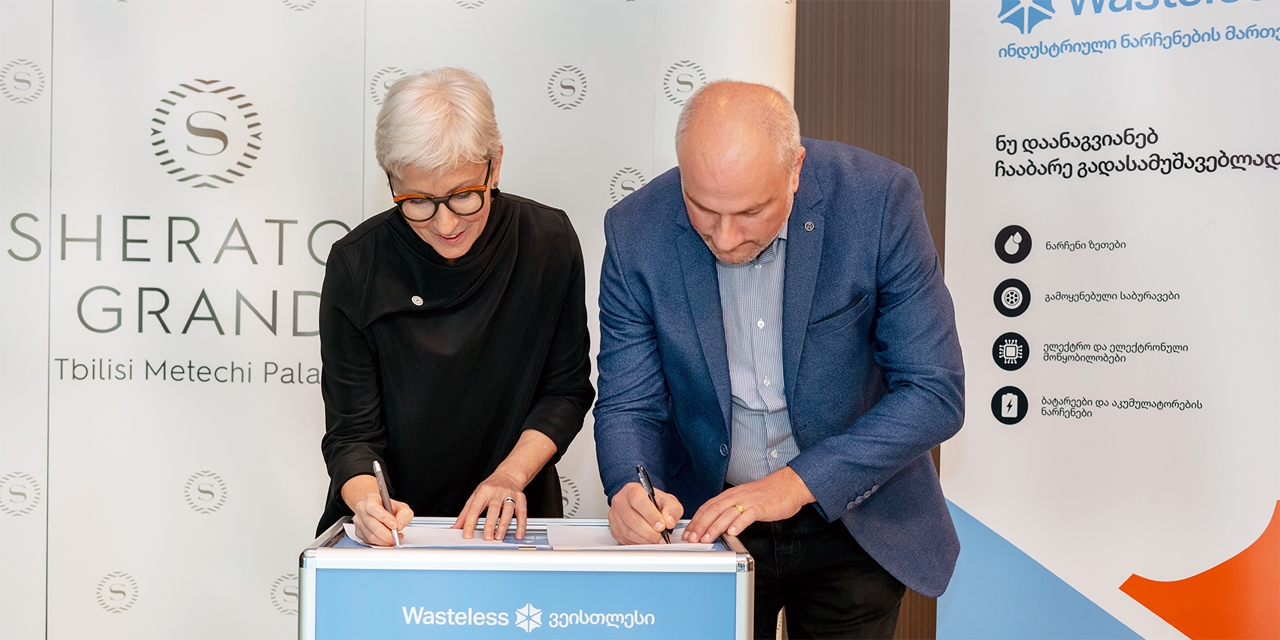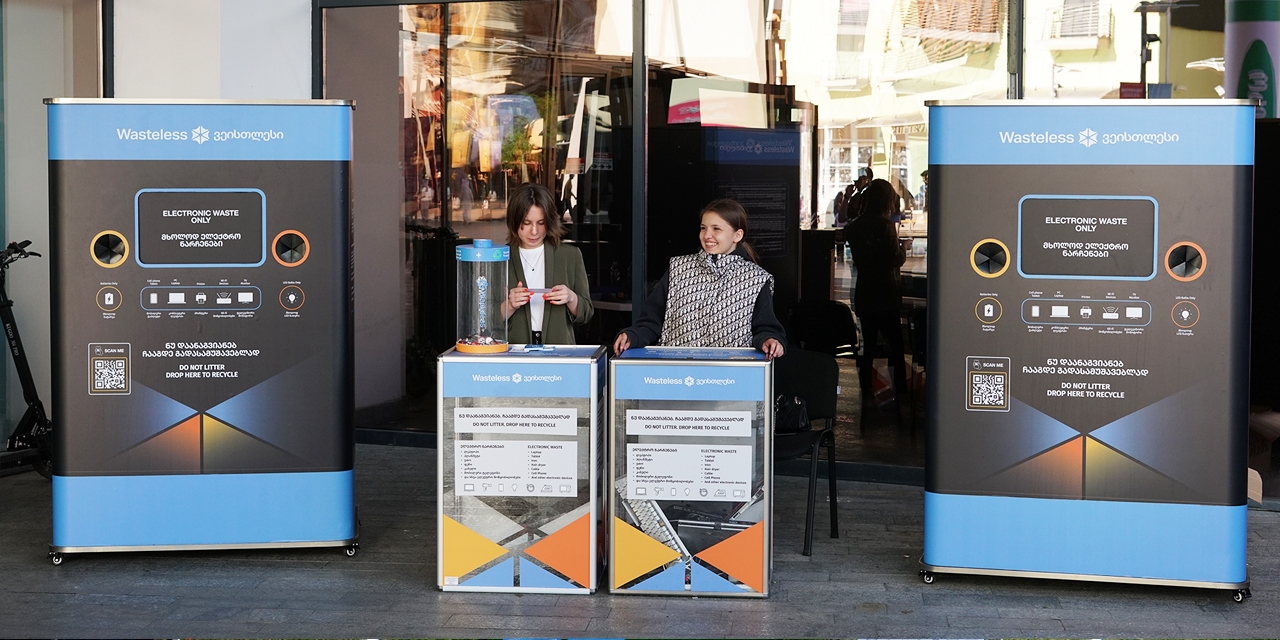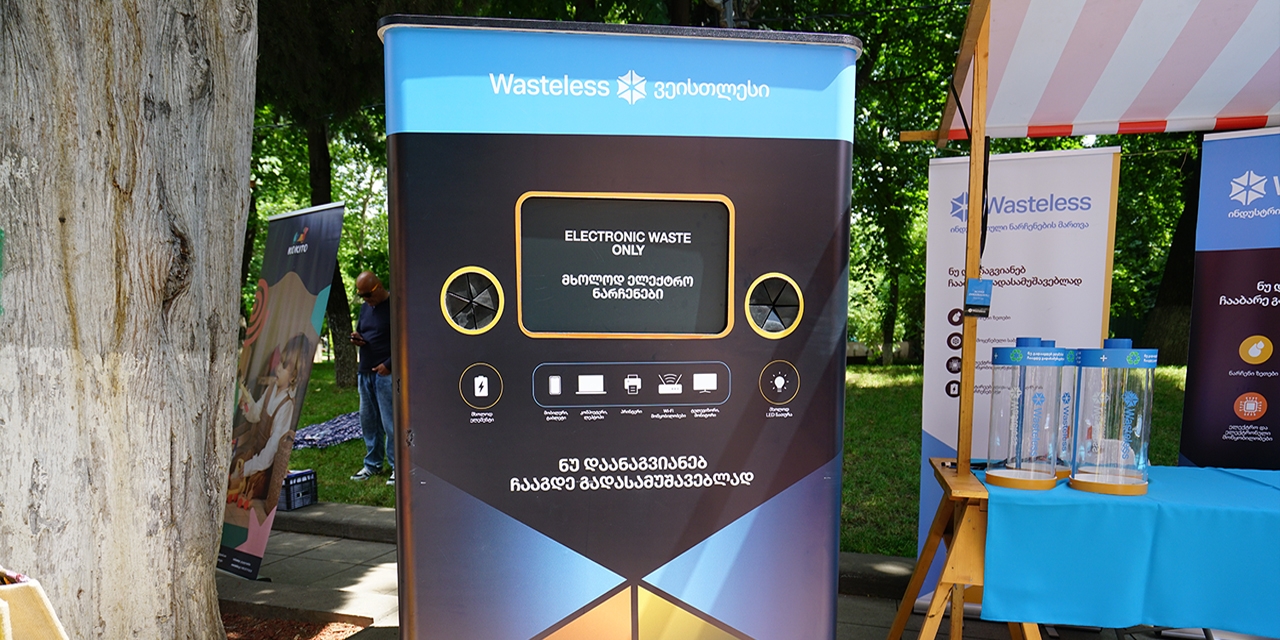
Eco-Friendly Practices of big Companies – How Global Brands Protect the Environment
Business operations often pose serious risks to the environment. However, modern trends and rising consumer awareness are driving companies to adopt eco-friendly practices. Integrating sustainable strategies has become not just a measure to safeguard the environment but a vital factor for achieving long-term business success.
Nowadays consumers are increasingly drawn to brands that demonstrate responsibility and make a positive environmental impact. They are more likely to choose “green” products and services, underscoring the growing importance of sustainability as a fundamental expectation in the modern market.
Interested in learning about the leading companies that exemplify eco-friendly practices? Many globally recognized brands are setting standards with innovative and sustainable initiatives, inspiring others to follow suit. In this blog, we’ll introduce some of these companies whose environmental efforts make a meaningful contribution to addressing ecological challenges.
Apple
Apple has earned its place among the top environmentally responsible brands. The company actively implements innovative practices to reduce its environmental footprint. For instance, Apple has significantly increased the use of recycled materials in its products, favoring aluminum for its lower emissions during production. The company aims to minimize carbon emissions by collaborating with suppliers using renewable energy sources like solar and wind power. By 2030, Apple plans for all its products to be manufactured using clean energy and recycled materials.
Another initiative is the Trade-In program, which allows customers to return old devices and purchase new ones at a discount. This incentivizing scheme is a significant step toward reducing electronic waste. Notably, since the iPhone 12, Apple has ceased including charger cables with new phones, aiming to reduce e-waste and promote a culture of sustainable consumption.
Tesla
The American automotive giant Tesla has been a leader in the global market for years with its electric vehicles powered by renewable energy sources. Tesla’s approach significantly reduces reliance on fossil fuels and sets new standards for sustainable transportation.
Tesla’s products are not only eco-friendly but also sleek and innovative, proving that sustainable design can be both functional and appealing. With a mission to accelerate the world’s transition to sustainable energy, Tesla envisions a future powered by solar energy, batteries, and electric vehicles.
The company’s achievements in emissions reduction are already impressive, but Tesla’s future vision is even more ambitious, aiming for net-zero emissions across the entire lifecycle of its products—from resource extraction and production to use and recycling.
IKEA
IKEA sets an exemplary standard with its sustainable practices. The company uses eco-responsible materials in its products, recycling 91% of its waste or converting it into energy. IKEA’s furniture is not only functional and affordable but also helps customers reduce energy and water usage, promoting an eco-friendly lifestyle.
One notable initiative is the resale of second-hand furniture through As-Is sections, supporting the sustainable use of resources. IKEA also offers spare parts to extend the lifespan of its products, reinforcing its commitment to sustainability.
By 2030, IKEA aims to use only renewable or recycled materials in its production. For example, all plastics will be derived from renewable or recycled sources, while metals and bamboo will feature prominently for their durability and sustainability. The company also strives to positively impact the climate and support healthier lifestyles by transforming its business model to significantly reduce its carbon footprint.
Estée Lauder
The renowned American cosmetics company Estée Lauder recognizes that business success is intrinsically tied to the health of the planet and its people. To this end, the brand prioritizes sustainable initiatives, ensuring a positive environmental impact. The company recycles or repurposes waste into energy, avoiding landfill use.
In addition, Estée Lauder aims to influence the well-being of 10 million people through health, education, and environmental programs. The brand integrates greener practices as part of its identity, employing “sustainability champions” to guide its operations. Estée Lauder uses 100% renewable energy for its direct operations through solar panels and wind turbines.
Lego
Despite primarily manufacturing plastic-based products, LEGO actively pursues eco-friendly business practices. The company aims to use 100% renewable energy and recycle most of its products, demonstrating its environmental responsibility.
LEGO’s mission to inspire and support children’s development aligns with its commitment to sustainability. The company receives countless letters from children each year sharing ideas on protecting the environment and creating a better world, further motivating LEGO’s efforts toward a sustainable future.
LEGO invests heavily in initiatives such as transitioning to sustainable raw materials, using eco-friendly packaging, and adopting circular business models. By 2025, the company plans to double its investment in such initiatives to advance its environmental goals.
The Body Shop
The Body Shop stands out for its dedication to sustainability and social responsibility. The company uses natural and organic ingredients in its products and has a strict policy against animal testing. Recognizing the need for businesses to address social and environmental justice, The Body Shop campaigns against climate and biodiversity crises and works to reduce global inequalities.
Since its founding, The Body Shop has maintained its mission to promote a healthier and more harmonious world. Its initiatives inspire global businesses and serve as powerful drivers of change. The company actively encourages manufacturers, suppliers, partners, and customers to collaborate for a sustainable future.
In 2022, The Body Shop committed to achieving net-zero greenhouse gas emissions by conducting a detailed analysis of its carbon footprint and taking actionable steps to address this issue. This reflects the brand’s enduring pledge to lead global change.






.png)


















